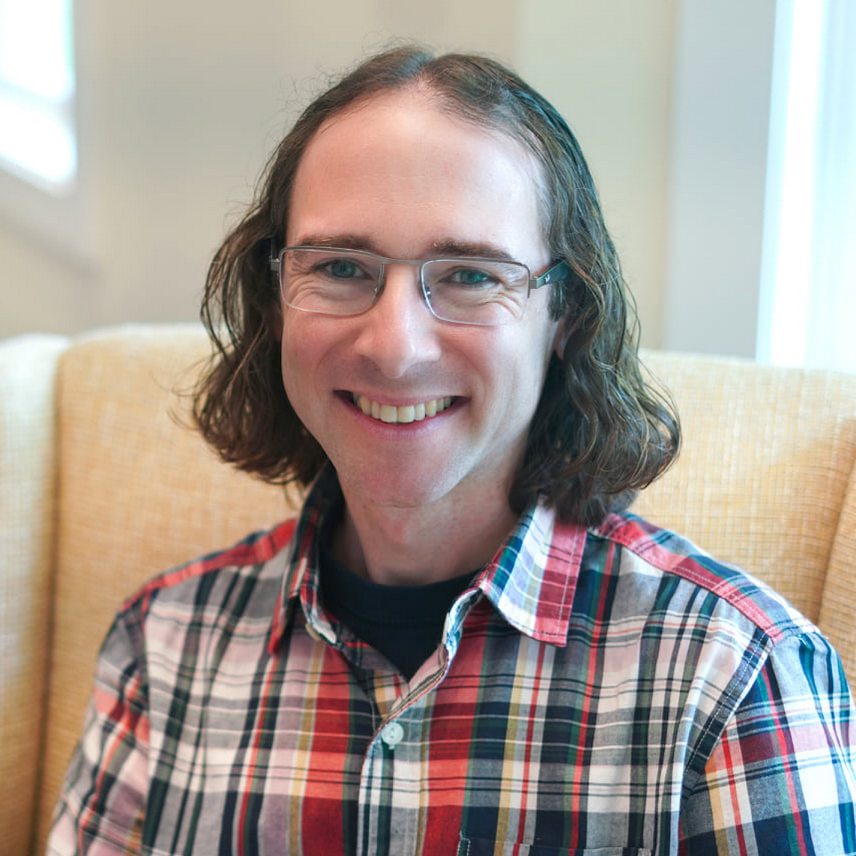ECE Seminar
Practice in Flux: Learning from Engineers at Work
Add to Google Calendar

Password: ECECAN
ABSTRACT: As the pace of technological change accelerates and technological systems become ever more complex, preparing engineers for emerging workplace realities is all the more difficult. Organizational restructuring, the digitization of work, and shifts in job roles and corporate cultures create further challenges. Yet these contemporary realities are often poorly understood, in part due to a lack of research on engineering work practices. And without well-researched and trustworthy representations of practice, we miss opportunities to better prepare engineers to survive and thrive in a wide variety of job roles and career paths. In this talk I use an example of software engineering practice in a start-up environment to characterize technical work practices as often concerned with maintaining and scaling systems, and argue that such work is frequently sociotechnical, indeterminate, and value-laden. I also introduce the innovative ethnographic data collection strategies employed in this research, which included graduate student interns acting as participant observers in the host company. My claims about the nature of engineering work are bolstered by findings from other studies, including my own research on boundary spanning and professional ethics in engineering practice. Throughout the talk I touch on a some implications for educating engineers, including ways to promote contextualized and reflective learning.
BIO: Brent K. Jesiek is a Professor in the Schools of Engineering Education and Electrical and Computer Engineering at Purdue University. He holds a B.S. in Electrical Engineering from Michigan Tech and M.S. and Ph.D. degrees in Science and Technology Studies (STS) from Virginia Tech. Dr. Jesiek draws on expertise from engineering, computing, and the social sciences to advance understanding of geographic, disciplinary, historical, and other contextual variations in engineering education and practice. He is an IEEE Senior Member, serves as Editor-in-Chief for the Journal of International Engineering Education (JIEE), is chair of the International Network for Engineering Studies (INES), and directs the National Institute for Engineering Ethics (NIEE).
 MENU
MENU 
